The University of Minnesota hosted a free Barbershop/Salon Talk event at Appleby Hall on Monday, allowing students to get free haircuts and other treatments.
The event, part of the First Generation College Student Celebration Week running from Monday to Friday, was a collaboration between the University and Privilege Barber Lounge in St. Paul. In addition to haircuts, students could also get their locs freshened, mustache and beard trims, fade cleanups, and basic manicures.
The event, which provided free haircuts to over 20 students, was first come first served with free pizza provided.
The event’s main organizers were Alexander Hines, the Director of Justice, Equity, Diversity and Inclusion for the University’s Rev. Dr. Martin Luther King Jr. Program, and Chong Vang, the Program’s Program and Project Specialist.
“Alex and I had been talking about this for a bit of time,” Vang said. “Understanding that barber shops were a big part of black communities, as well as just general community culture wise, just because cutting hair is such a sense of sacred space.”
Vang, a first-generation student, said he always connects with first-generation students and was looking forward to this event.
“I’m a huge fan of it,” Vang said. “I really knew it would be a good success just because free haircuts. I mean, haircuts nowadays are pretty outrageous right now. It’s like 40 plus dollars.”
The barbershop is a place where you can feel safe and have conversations you never thought you could have. Different races and ethnicities came together to have a good time at the barbershop.
For Hines, the event is about the culture.
“Culture is rights, traditions, norms, values, artifacts and symbols are stories that should be passed down from generation to generation,” Hines said. “Especially the culture in the black barbershop.”
Hines said he has hosted similar events at other institutions, and hosting such events brings back memories of his dad taking him to the barbershop when he was young.
“It was a way to engage because, in my culture back then, older people said children need to be seen and not heard,” Hines said. “But when you’re seen, you’re respected and valued by that individual.”
Privilege Barber Lounge owner Brandon Cole, who gave haircuts at the event, has been Hines’ barber for 15 years. Cole said being at the event meant a lot to him because he likes giving back.
“I like giving back, and I like helping people,” Cole said. “If I can offer services that people need or can use, why not?”
Cole said the first person he gave a haircut to at the event was a student from China receiving his first haircut in America.
“For me, it felt good to be the first person to give him a service at that magnitude,” Cole said. “We’re human, and sometimes people need to give back to people and their peers.”
First-year student and first-generation immigrant Ugochukwu Oyefia received a haircut at the event, his first in Minnesota.
“I felt welcomed,” said Oyefia. “It just felt like a good community of regular people. It was pretty cool.”
Oyefia came to Minnesota from Kansas and said he never saw people of color when he went to the barbershop.
“It just makes me feel like I’m back home in Nigeria,” Oyefia said.
Oyefia said he was glad he came and encouraged others to do the same.
“I think it was a very meaningful event, and it was worth the time,” Oyefia said. “People should come if they genuinely do need a haircut, and also if they just want a sense of community with, you know, other people of color, or just other people in general.”
Privilege Barber Walter Thomas, who was also giving haircuts, said giving back to the community in whatever way he can is very important to him.
“If I can make somebody smile with what I can do just based off talent, that’s enough for me,” Thomas said.
Thomas said the event was heartwarming for him and that students do not always have access to this.
“Some people can’t get haircuts, so I might give out some to people,” Thomas said.
Hines hopes they can do this every year and, as a first-generation college student himself, he said it is important for first-generation college students to know they belong.
“Hopefully we can continue this, and we’ll see what happens in the future,” Hines said.



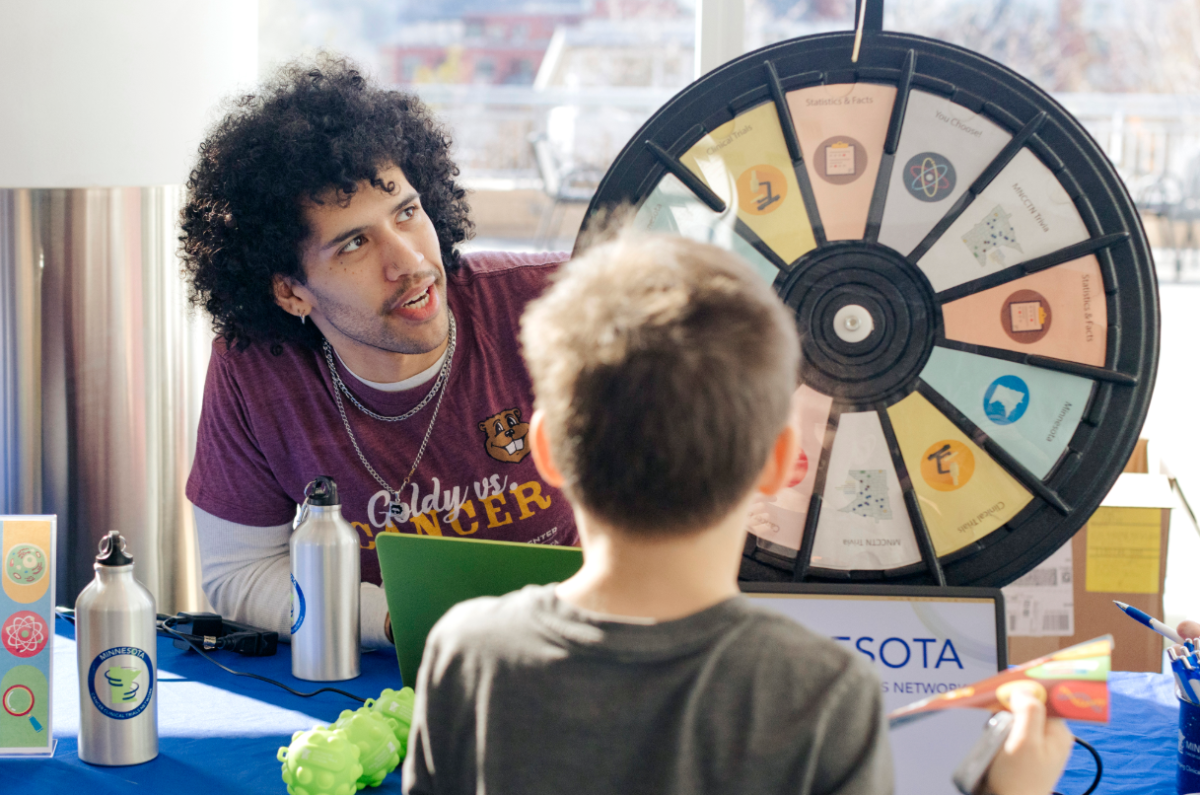
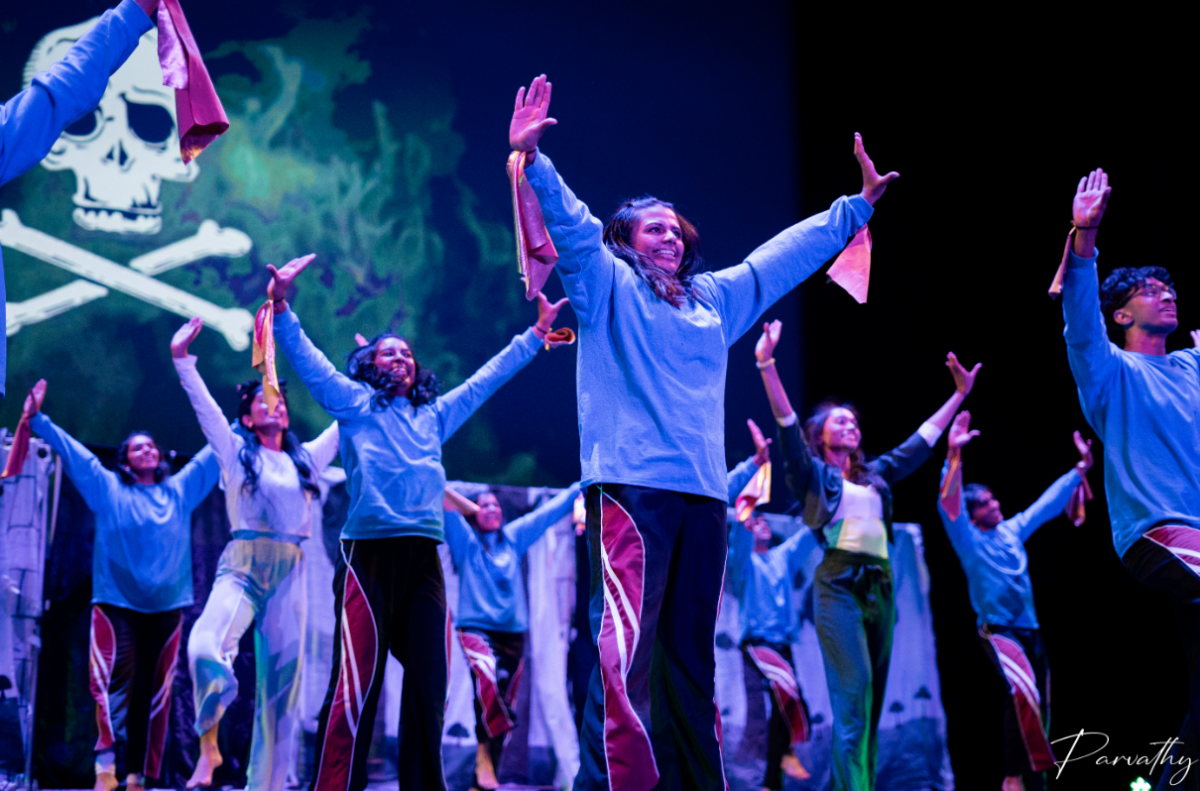
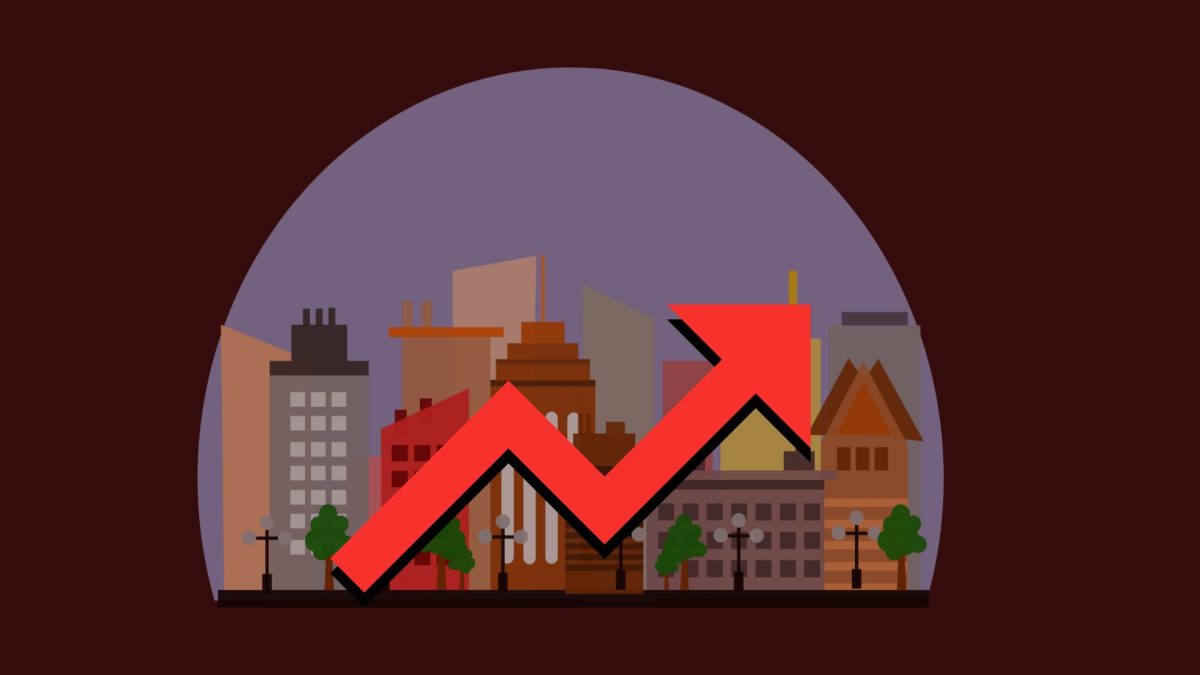
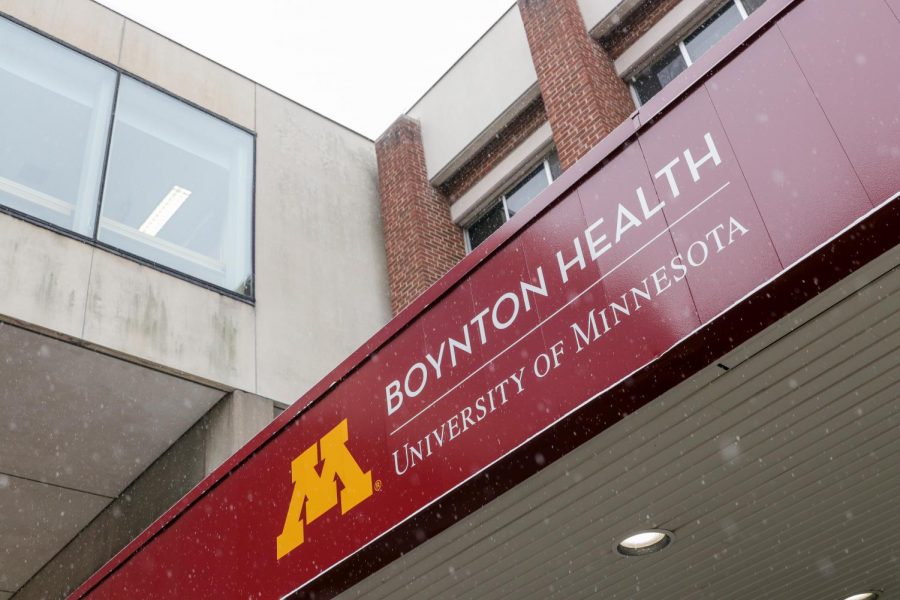
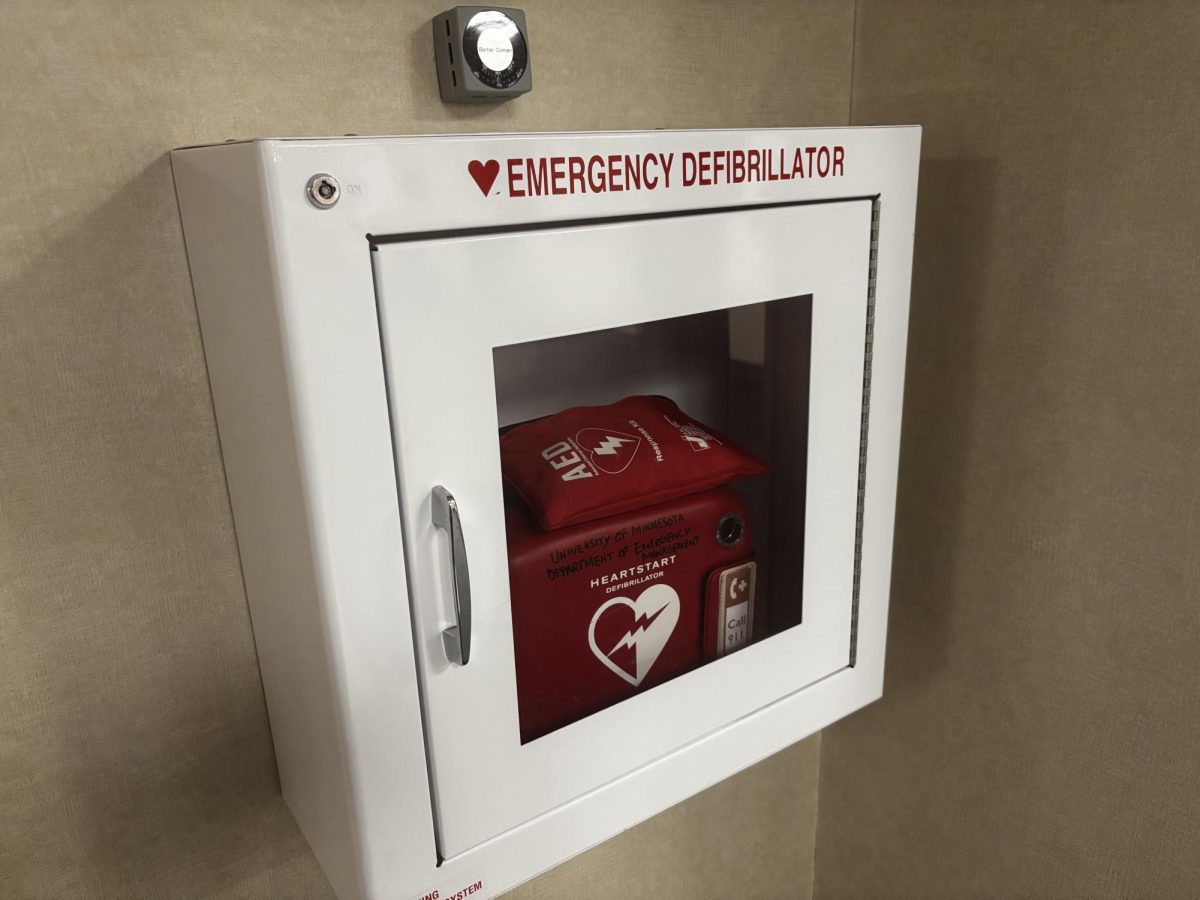
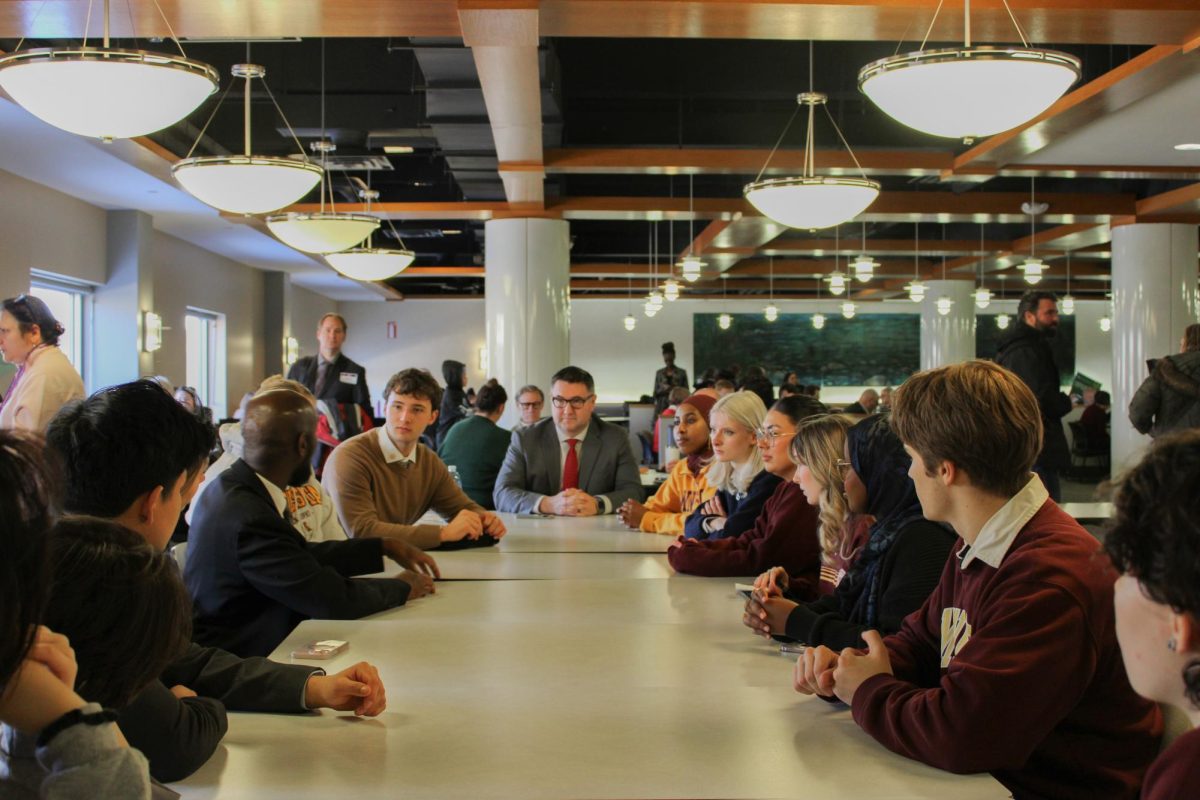
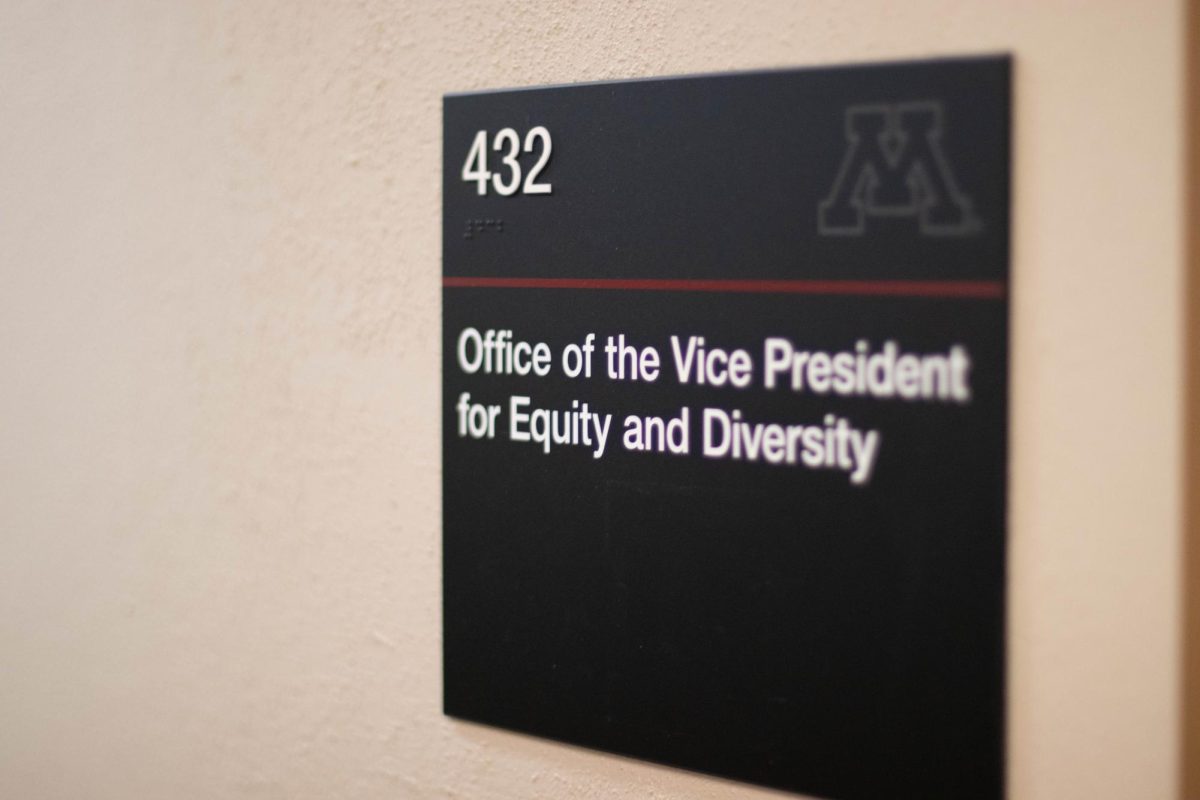


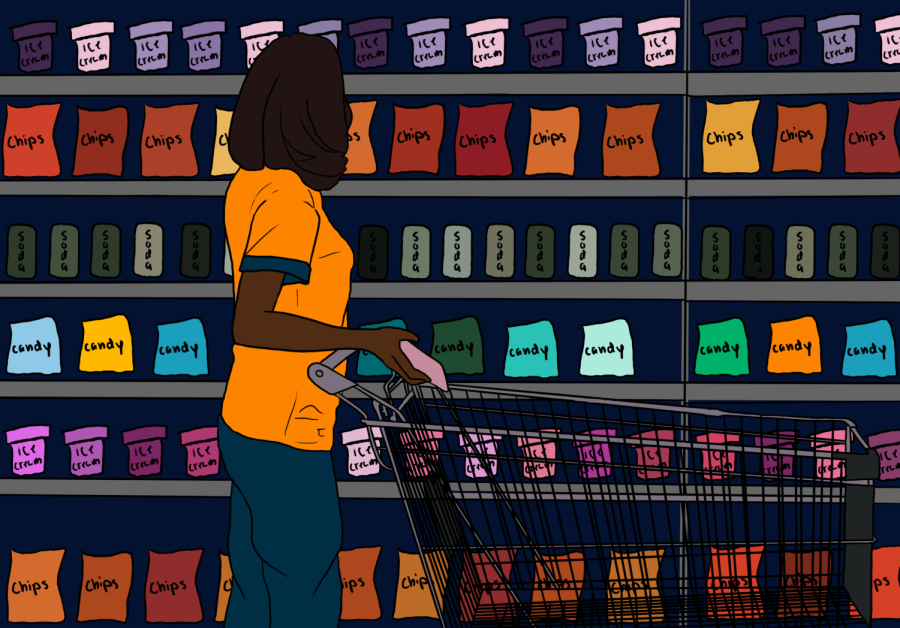
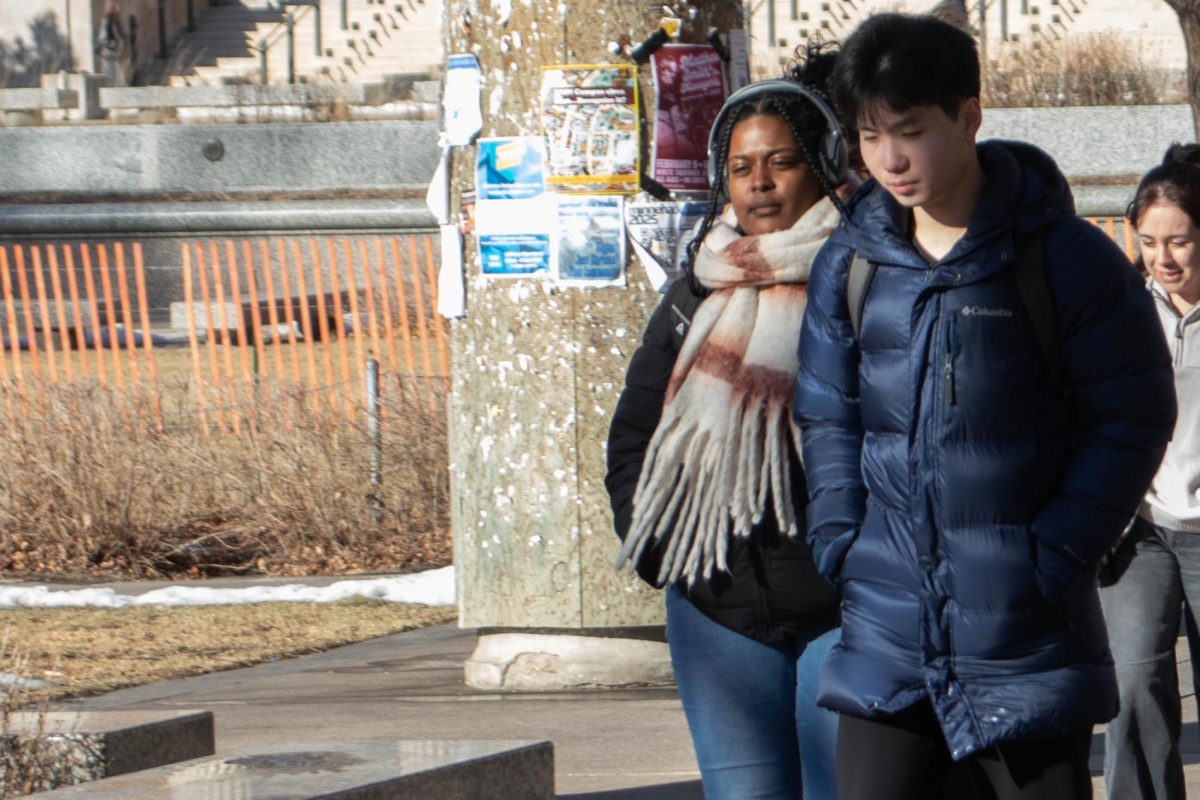

armelle
Jan 7, 2025 at 2:32 pm
low taper fade final boss